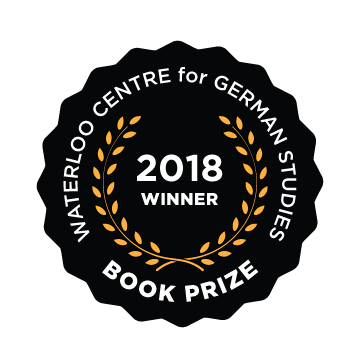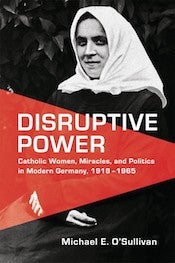
The book tells the story of Therese Neumann, a Bavarian mystic who developed a cult following that lasted through the Weimar Republic, the Third Reich, and the early years of the Federal Republic. By examining the revival of belief in Catholic miracles and its role in influencing many thinkers, politicians, and other actors, O'Sullivan is able to paint a nuanced and many-sided portrait of the local, religious, social and political history of 20th-century Germany.

Jury members were impressed by O'Sullivan's ambitious analysis and attention to a variety of issues that combine to offer a refined look at the complexity of German regional and religious identities. As one juror commented, "this is an important book - it makes a person think again about the larger narratives that have so long shaped the story of German culture and history." For another juror, the book's ability to "be seen as women’s history, or as a history of political and identity struggles of rural Germany in times of upheaval" makes it a valuable contribution to German studies. A "fascinating and engrossing read," Disruptive Power asks important questions about the relationship between religion and mainstream culture.
Michael O'Sullivan teaches a broad range of courses on European history at Marist College in New York. He earned his BA from Canisius College, and his MA and PhD from the University of North Carolina.

In 2021, Dr. O'Sullivan gave a talk on his work as part of the Lectures in Catholic Experience at St. Jerome's. If you missed it, you can view his talk Apocalypse and Salvation: Faith in Catholic Miracles in Twentieth-Century Germany on YouTube.